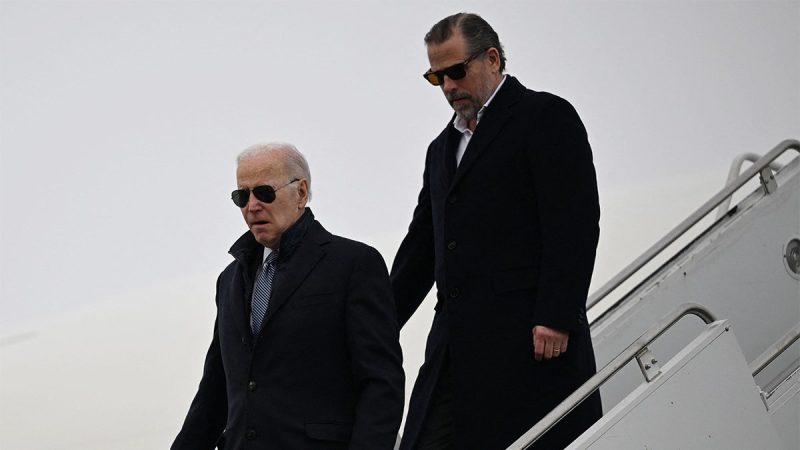In this article, we will explore the controversial issue of presidential pardons and the potential risks associated with the pardon granted to Hunter Biden. The case has sparked concerns about the politicization of the Justice Department and raised questions about the integrity of the pardon process.
Presidential pardons have always been a topic of debate and contention, with critics arguing that they can be used to reward political allies, manipulate the justice system, or obstruct ongoing investigations. The recent pardon of Hunter Biden, the son of President Joe Biden, has reignited these concerns and led to accusations of favoritism and undue influence.
One of the main criticisms surrounding the Hunter Biden pardon is the perceived conflict of interest. As the son of the sitting President, Hunter Biden’s pardon raises questions about whether political connections played a role in the decision. Critics argue that by pardoning his son, President Biden has undermined the independence of the Justice Department and eroded public trust in the fairness of the pardon process.
Moreover, critics fear that the Hunter Biden pardon could set a troubling precedent for future administrations. If pardons are perceived as being granted based on political expediency rather than legal merit, it could open the door to abuses of power and further undermine the credibility of the justice system.
The politicization of the Justice Department is another key concern raised by critics of the Hunter Biden pardon. By intervening in a high-profile case involving his own family, President Biden has been accused of blurring the lines between the executive and judicial branches of government. This perceived interference could have far-reaching implications for the rule of law and the overall functioning of the justice system.
In conclusion, the pardon granted to Hunter Biden has sparked a heated debate about the potential risks of politicizing the Justice Department and undermining the integrity of the pardon process. Critics argue that the case sets a troubling precedent and raises serious questions about the independence of the justice system. As the controversy continues to unfold, it remains to be seen how this episode will shape future discussions about presidential pardons and the principles of justice and accountability in the United States.
